Side Effects of Popular Herbal Supplements

It seems like these products should be harmless. After all, you use herbs all the time when you’re cooking. But some may not be safe, especially if you have certain medical conditions or take some medications. Talk with your doctor before taking any supplements.
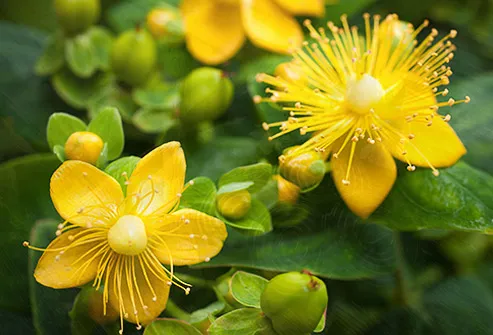
This popular supplement is often taken for depression, anxiety, and sleep problems. But it can cause side effects like headache, nausea, dizziness, and dry mouth. And it may make you more likely to get sunburned. It also can cause problems if you take certain drugs -- from heart medicines to antidepressants, and even birth control pills. And it can make chemotherapy less effective.
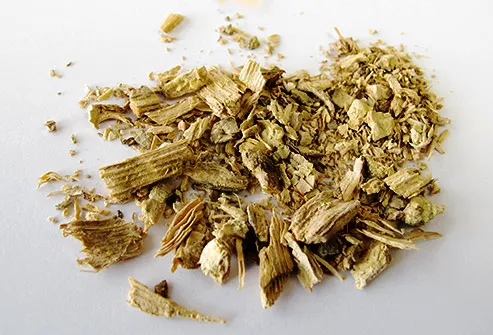
This is supposed to help with anxiety and insomnia. But it may cause liver damage, like hepatitis. So you shouldn't take it if you have liver or kidney problems. Kava also can be dangerous if you drink alcohol or take other drugs that make you sleepy.

People often take this to try to improve their memory. Some believe ginkgo biloba also helps with circulation, mental function, and altitude sickness, among other health conditions. But it can thin your blood and cause bleeding. That's especially risky if you take blood-thinning drugs.
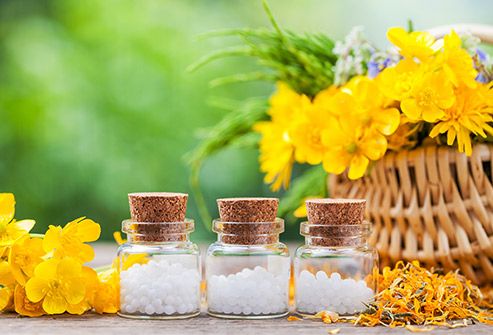
Some people believe rubbing oil from this plant on their skin helps ease pain from bruising, as well as from swelling and aches. Others take the supplement to try to help with constipation. But eating the herb can raise your blood pressure and cause a fast heartbeat and shortness of breath. It can even damage your liver, or bring on a coma or death.
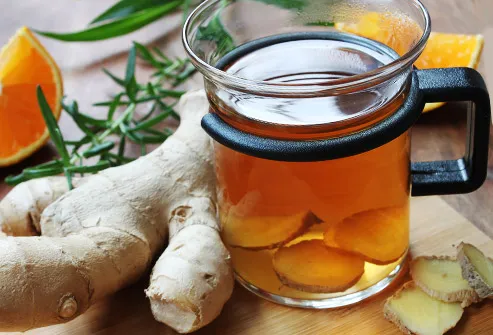
People take this to try to ease nausea brought on by surgery, chemotherapy, or motion sickness. And sometimes it's used to treat arthritis or other joint pain. But ginger can cause problems with blood clotting, heart rhythms, blood pressure, and blood sugar levels. You shouldn’t take it if you have gallstones or take blood thinners.
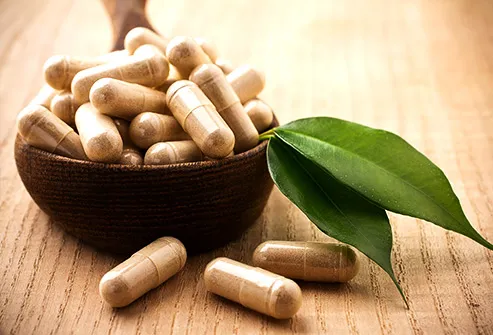
This remedy, which has a long history among Native Americans, is used for constipation and colds, eye infections, and even cancer. But goldenseal can affect your heart’s rhythm and raise or lower your blood pressure. You should avoid it if you have heart problems.
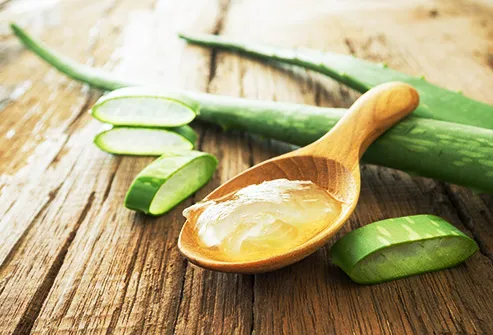
Rubbing this plant on a burn or wound may help it heal or feel better. But some people also take it by mouth, and that can cause an abnormal heart rhythm. It also may lower your blood sugar levels if you have diabetes.
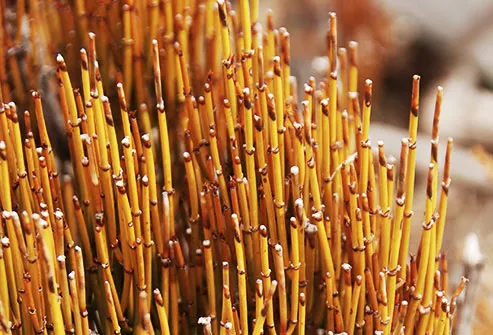
Also known as ma huang, this herb has been used for thousands of years in China and India to treat coughs, headaches, and cold symptoms. More recently, it's been used to help people lose weight and get energy. But studies have found it may boost the chance of heart problems and strokes, and cause a rise in heart rate and blood pressure. Doctors also warn of possibly deadly interactions with many heart medicines. The FDA has banned ephedra as a dietary supplement, but it still can be found in some herbal teas.
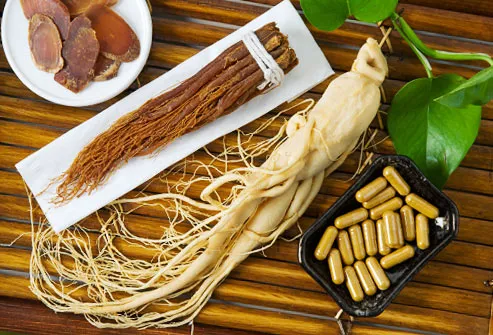
Some people take this because they hope it will slow aging. Others take it for diabetes, to boost immunity, or to help with sex. But it may lead to a drop in blood sugar, so it can cause issues for people with diabetes. You also shouldn’t take it if you have high blood pressure or take blood thinners.
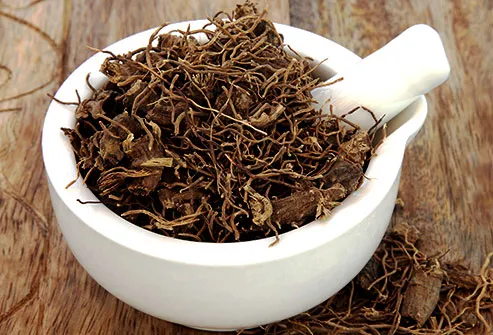
This supplement is often used for menopause symptoms like hot flashes and night sweats. Some women also try it to help with PMS. But it may cause low blood pressure, especially in large amounts. And it should be off limits for anyone with liver problems, because there’s a chance it can cause inflammation or failure.
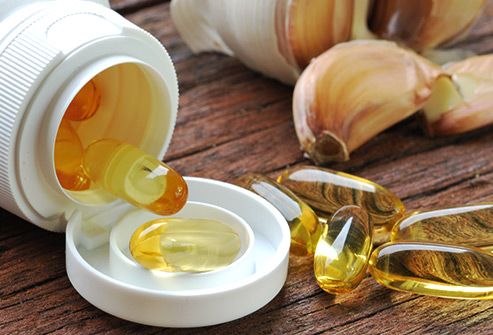
Some people believe it helps with high blood pressure and can treat cold symptoms. Studies show it can lower your cholesterol a bit, too. It’s safe for most people, but garlic can thin your blood. That can increase your risk of bleeding if you take blood-thinning medications for heart problems.
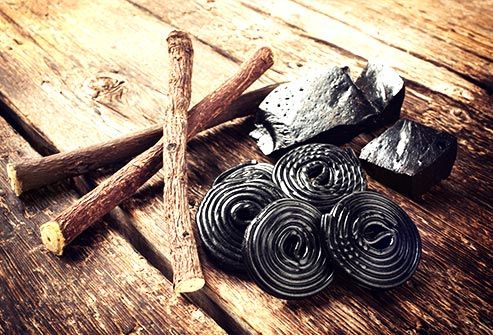
Some people use this to treat coughs, stomach ulcers, bronchitis, infections, and sore throat. But it can raise your blood pressure and cause issues with heart rhythms, so you shouldn’t take it if you have heart problems. It also can cause problems for people with kidney disease.
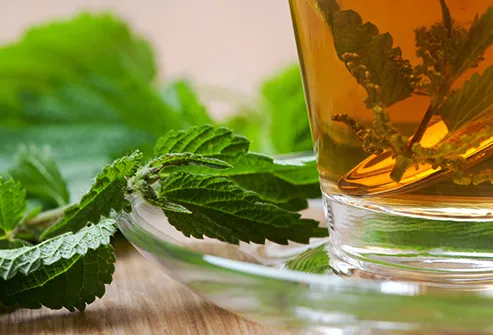
This is thought to help with allergies and arthritis, kidney and bladder stones, and urinary tract infections. Some people use it on their scalps to fight dandruff. But nettle can make your body hold on to water, so you shouldn't take it if you retain fluid because of heart or kidney problems or if you take diuretics.
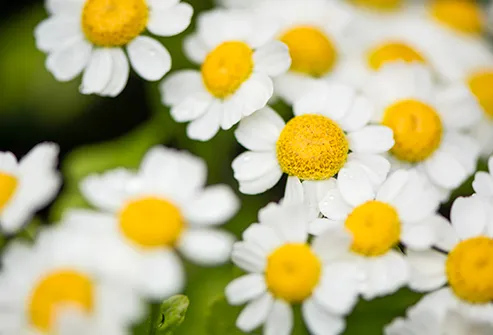
This supplement is most commonly taken to try to prevent migraines. Some people also take it for arthritis and allergies. But it has both potassium and phosphorous, and people who have kidney disease should be careful with those minerals. Feverfew also may cause a problem with blood clotting, so it may be an issue for people with heart disease or blood disorders.